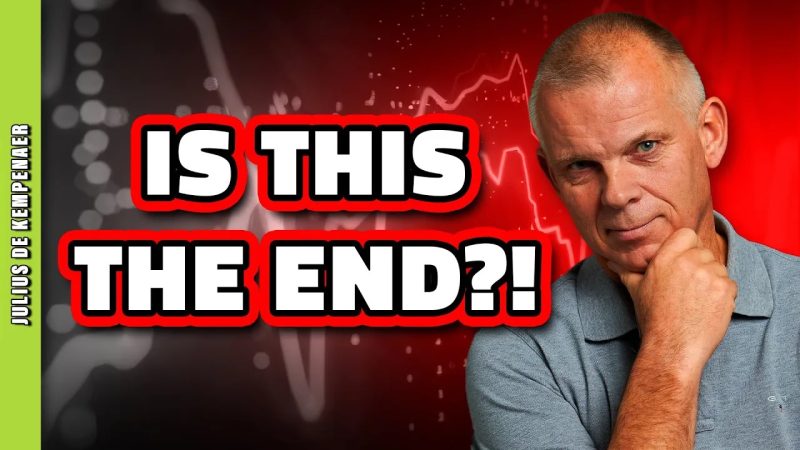In the world of investing, stock outperformance has always been a key goal for many investors. However, as market conditions continue to evolve, there are several factors to consider as to why stock outperformance might be coming to an end. Let’s explore some of the reasons behind this potential shift in the investment landscape.
1. Market Saturation: One of the primary reasons why stock outperformance might be ending is due to market saturation. As more players enter the market and competition increases, it becomes harder for individual stocks to consistently outperform the broader market. This saturation leads to diminishing returns for investors who are seeking to beat the market.
2. Increased Correlation: Another factor contributing to the end of stock outperformance is the increased correlation among different stocks and asset classes. In a highly interconnected global economy, individual stock performance is often influenced by macroeconomic factors that impact the entire market. As a result, the ability for individual stocks to outperform the market has become more challenging.
3. Passive Investing: The rise of passive investing, particularly through index funds and exchange-traded funds (ETFs), has also played a role in reducing stock outperformance. Passive investing strategies aim to replicate the performance of a given market index rather than beat it. This approach has led to a more efficient market where stock picking has become less effective in generating alpha.
4. Technology and Information: With advances in technology and the widespread availability of information, markets have become more efficient. Investors now have access to real-time data, sophisticated analytics, and algorithmic trading tools that help level the playing field. This increased transparency has made it more difficult for active investors to consistently outperform the market.
5. Regulatory Changes: Regulatory changes, such as increased scrutiny on insider trading and market manipulation, have also contributed to the decline in stock outperformance. Stricter regulations aim to promote fair and transparent markets, but they have inadvertently made it harder for investors to gain an edge through proprietary information or trading strategies.
In conclusion, the era of stock outperformance may be coming to an end due to various factors such as market saturation, increased correlation, passive investing, technology advancements, and regulatory changes. As investors navigate these changing dynamics, it’s important to adapt their investment strategies to align with the evolving market environment. While stock outperformance may be more challenging to achieve in the future, diversification, risk management, and a long-term perspective remain crucial components of successful investing in any market conditions.
By understanding the reasons behind the potential end of stock outperformance, investors can make informed decisions and adjust their investment approaches accordingly to navigate the evolving investment landscape successfully.
